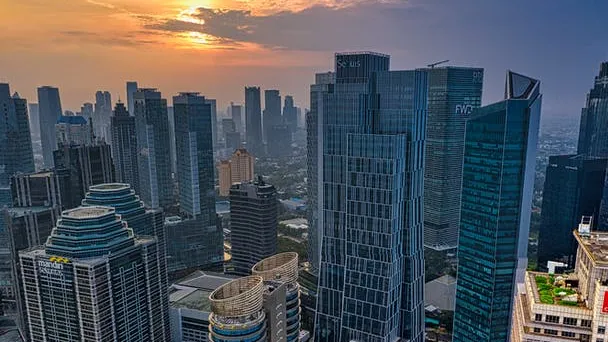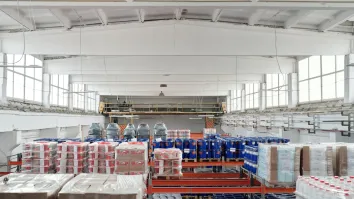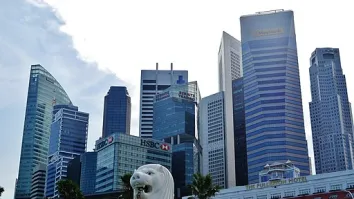
Here’s a rundown of Indonesia’s Q1 real estate investment market
There was moderate market growth in the high-end apartment sector.
The positive market sentiment in 2024 has been dampened by several macro indicators which slowed down in Q1/2025, according to a Savills report. The government’s budget cuts have also had a significant impact on the hotel sector, reflected in a decrease in occupancy rates in various regions.
“On average, the national occupancy rate declined by 10 to 30 percentage points compared to the same period last year. This policy encourages government institutions to reduce business travel and MICE activity, which has led to a drop in occupancy rates, especially in star-rated hotels,” the report said.
Here’s more from Savills:
Landed housing volumes recorded a decline due to weakening purchasing power as well as the major religious observances of Ramadhan and Eid al-Fitr. As a result, absorption of landed housing declined by about 30% during Q1/2025.
Overall, there has been no significant movement in the apartment market as demand absorption remained at a very low level in Q1 and developers have continued to provide various promotion programs to attract potential buyers. We saw some moderate market growth in the high-end apartment market, generated by end-user transactions in the CBD. These buyers were taking advantage of the government's incentive of free value-added tax (PPN DTP) for completed unit transactions.
Most transactions in the industrial estate market have been data centers, which have proved to be a main demand contributor for industrial estates over the last three years. The market performance of industrial estates has tended to increase on both a quarterly and annual basis over the period.
Retail and office market performance has slowed due to the government budget cuts alongside uncertainties in the global economy. The increase in import tariffs announced by the US government has led tenants in both office and retail centers to postpone business expansion plans until there is greater clarity.
The property market outlook in Indonesia is generally challenging, however there is potential growth in certain sectors, such as premium property, green property and landed housing which benefit from demand from end users. Flexible marketing strategies are required, however, such as offering higher discounts and providing additional benefits to attract consumers.



















 Advertise
Advertise






